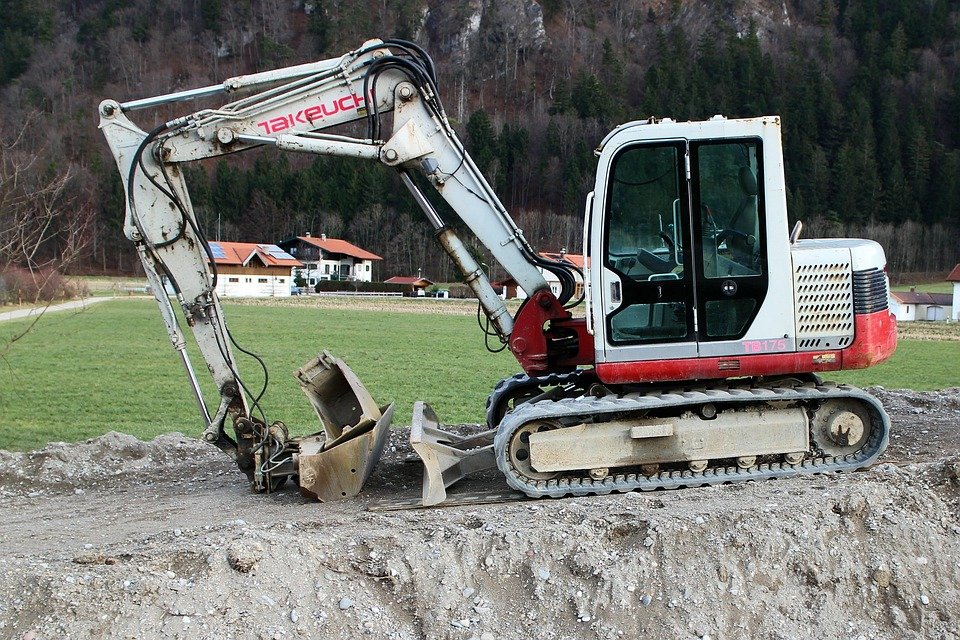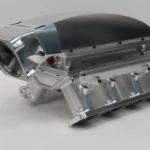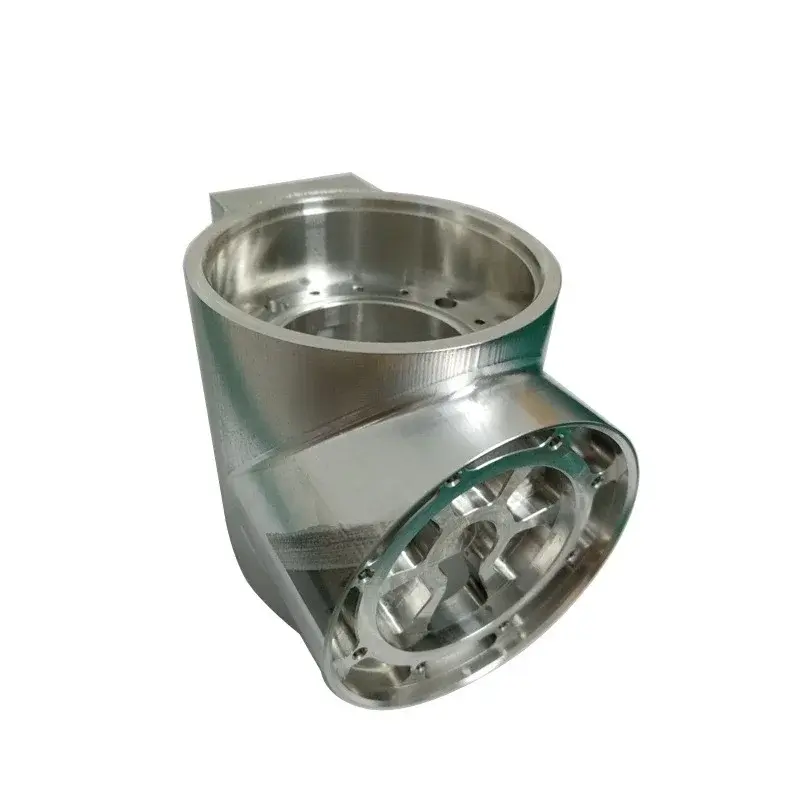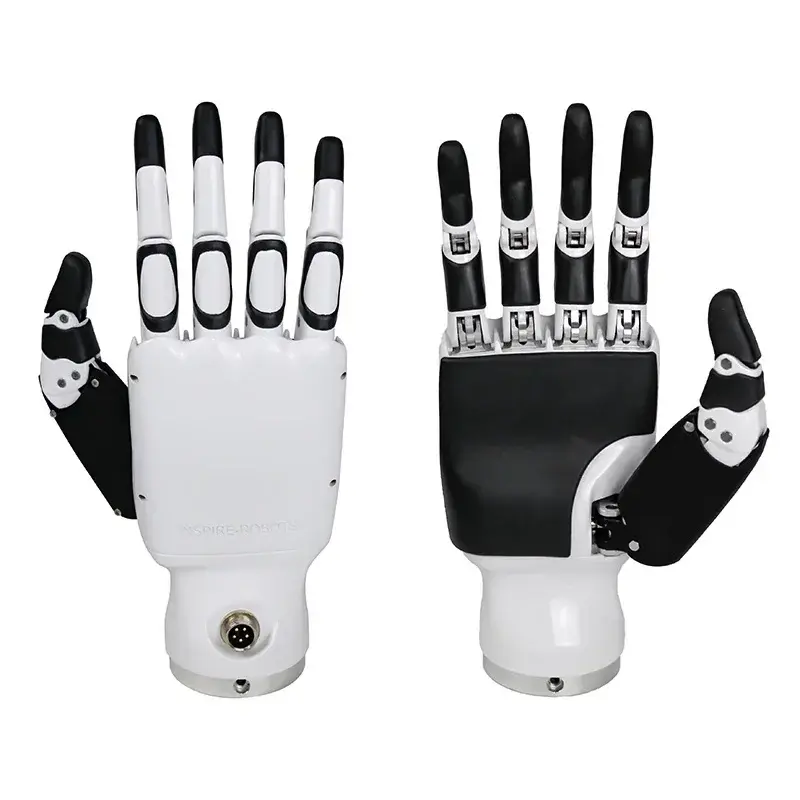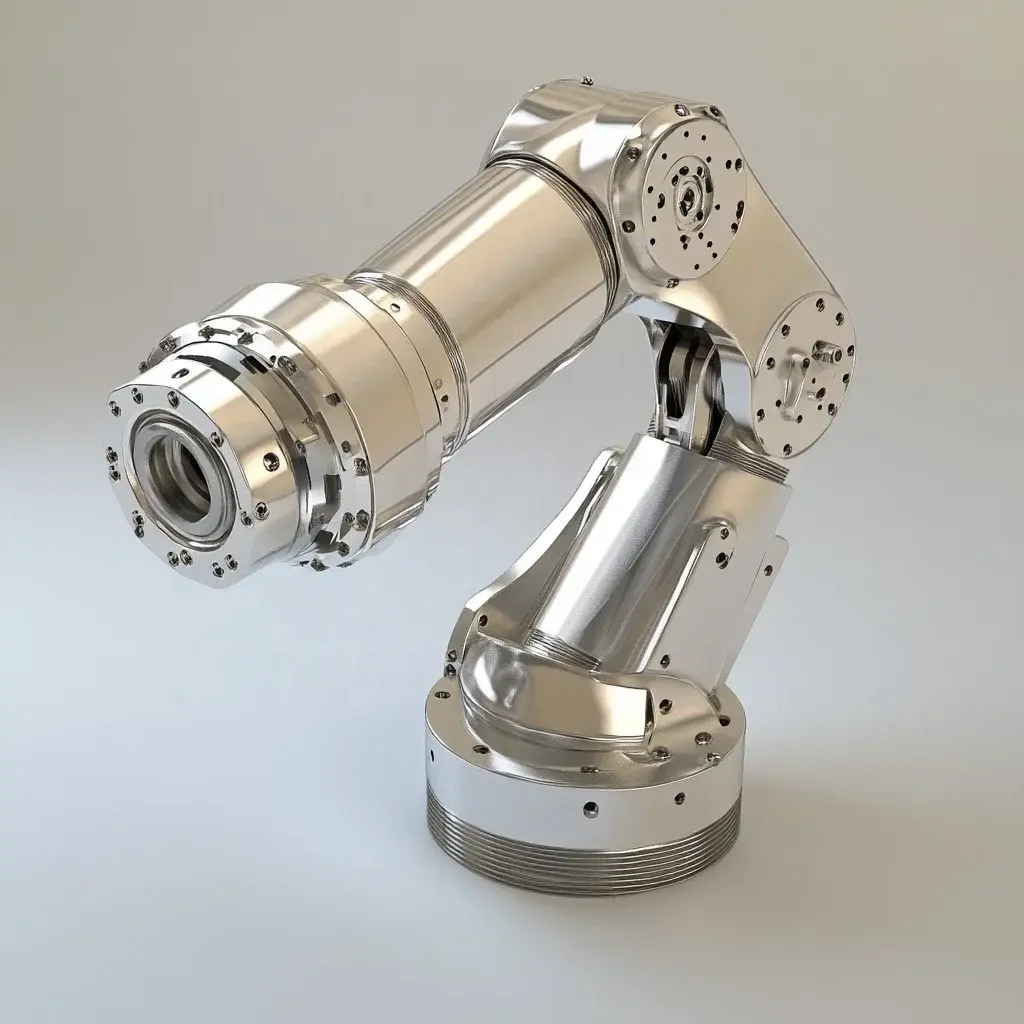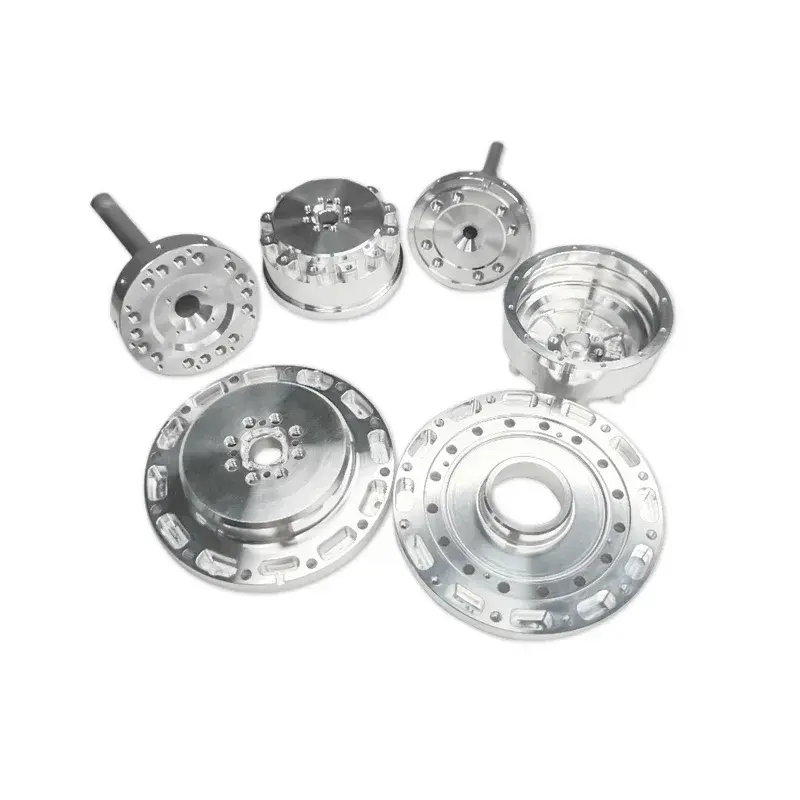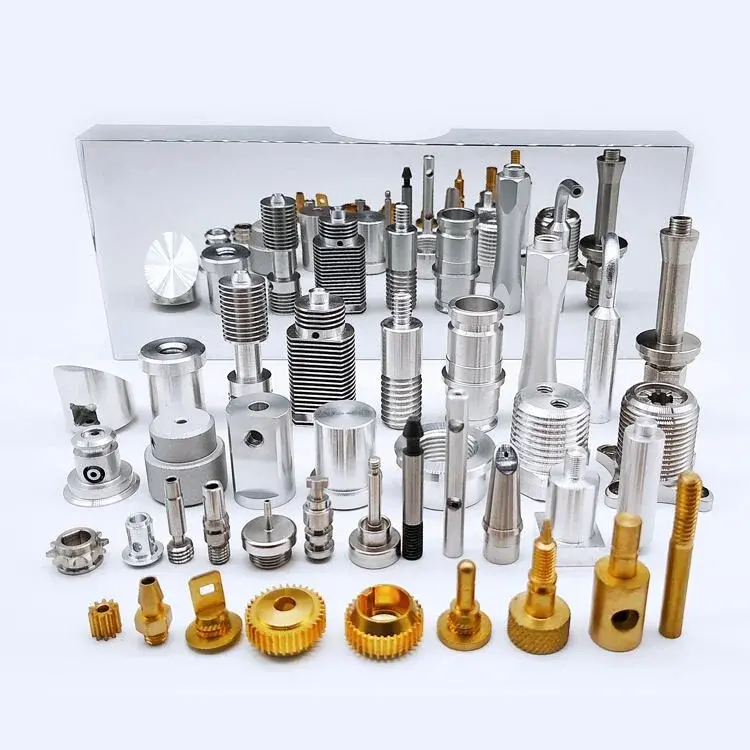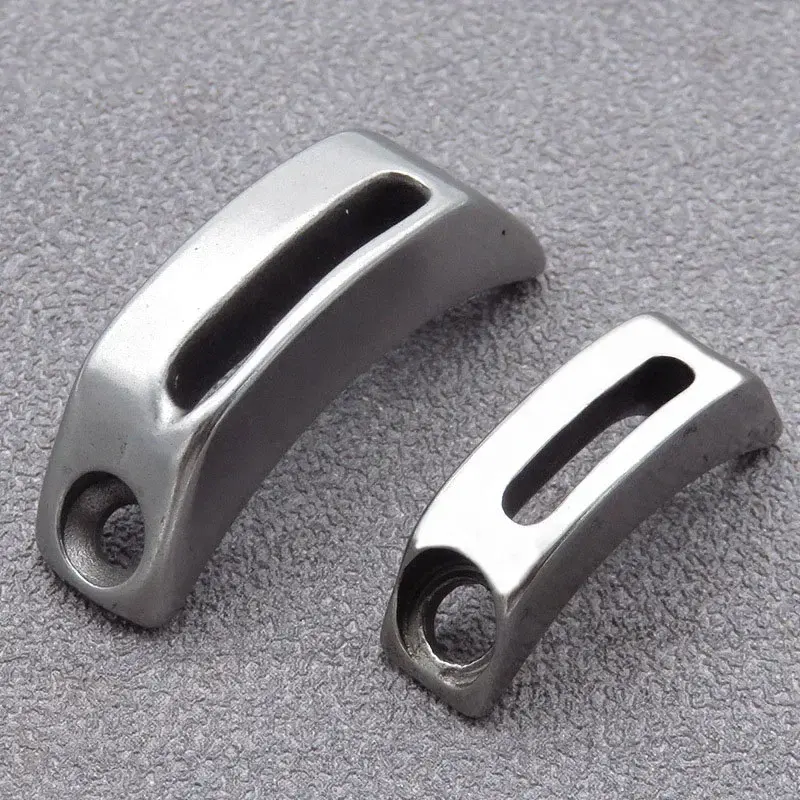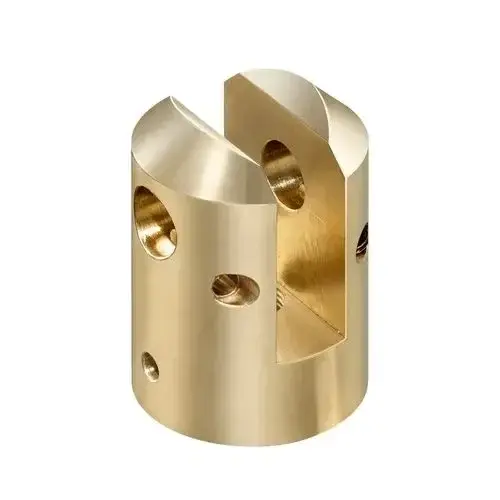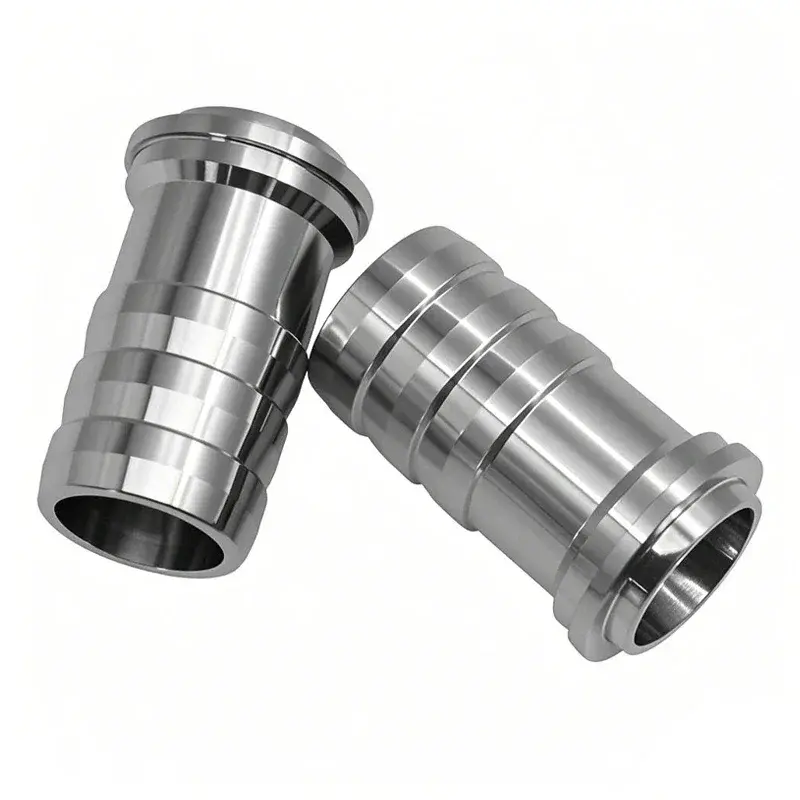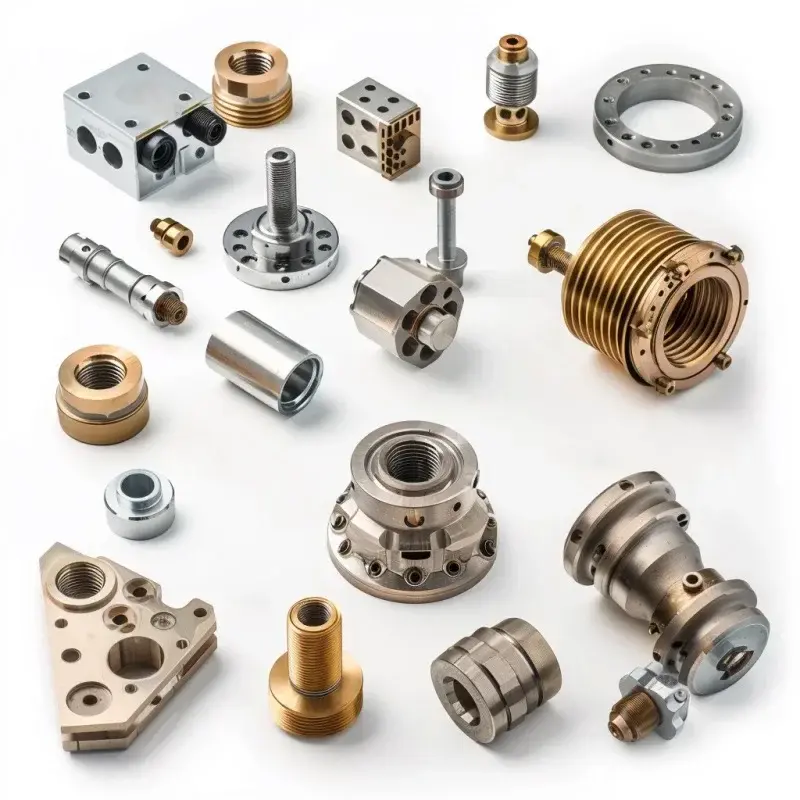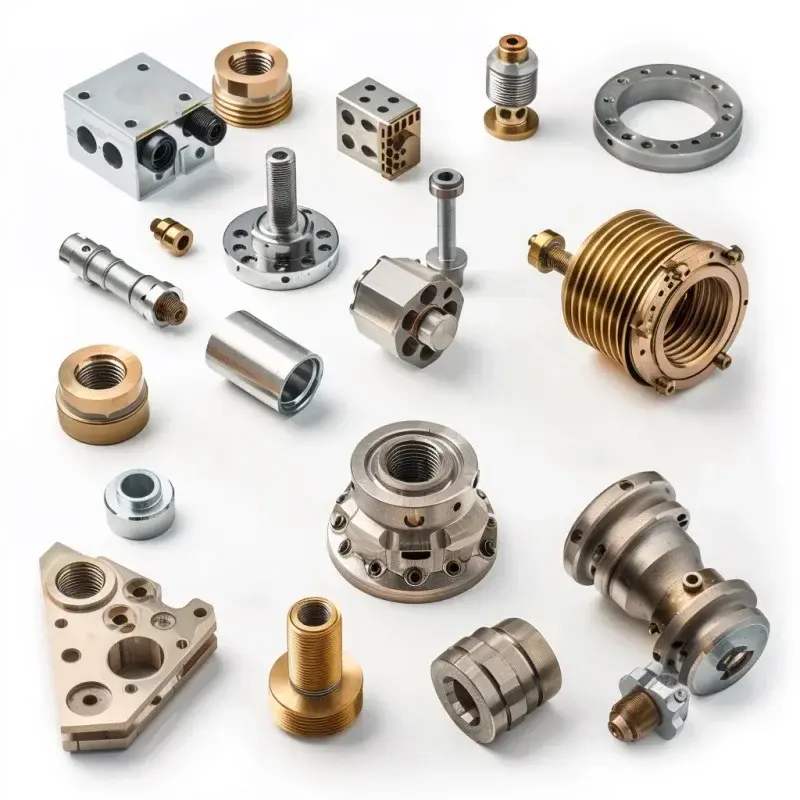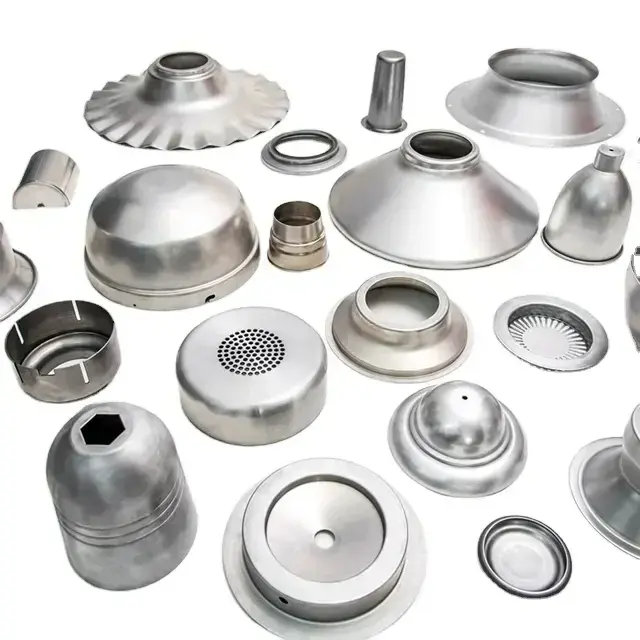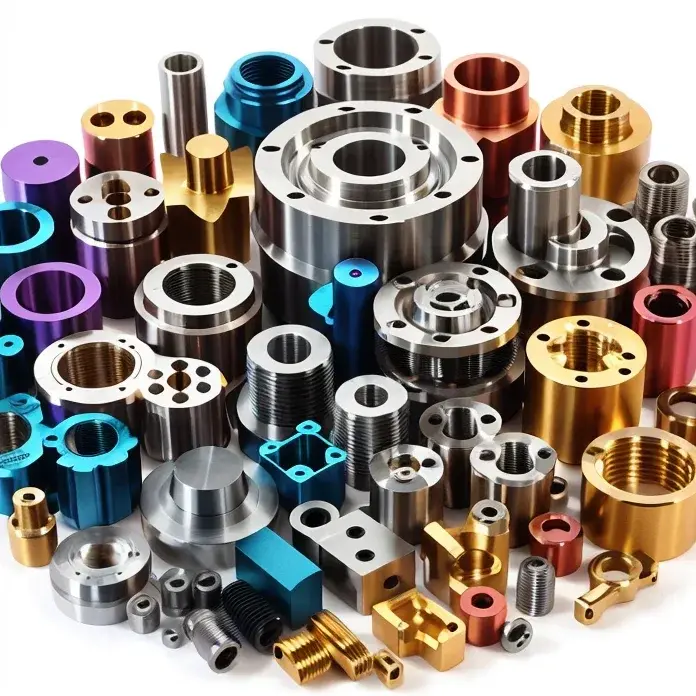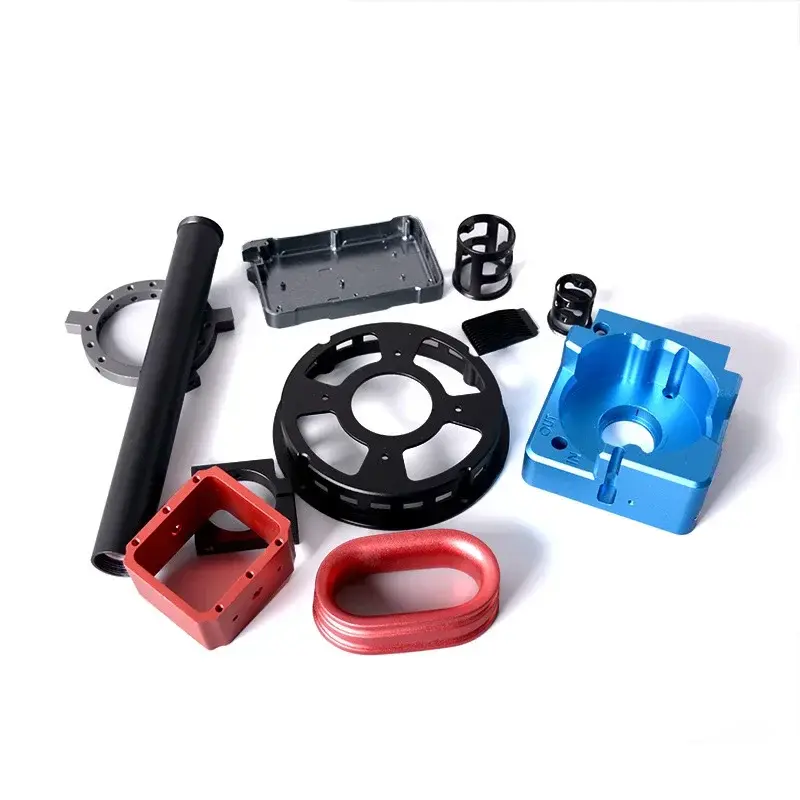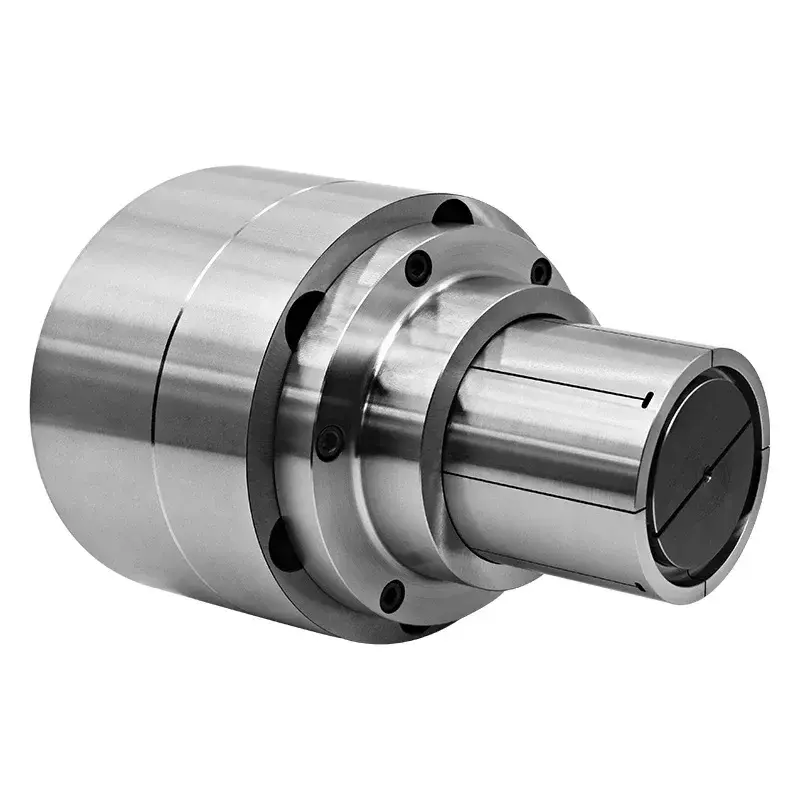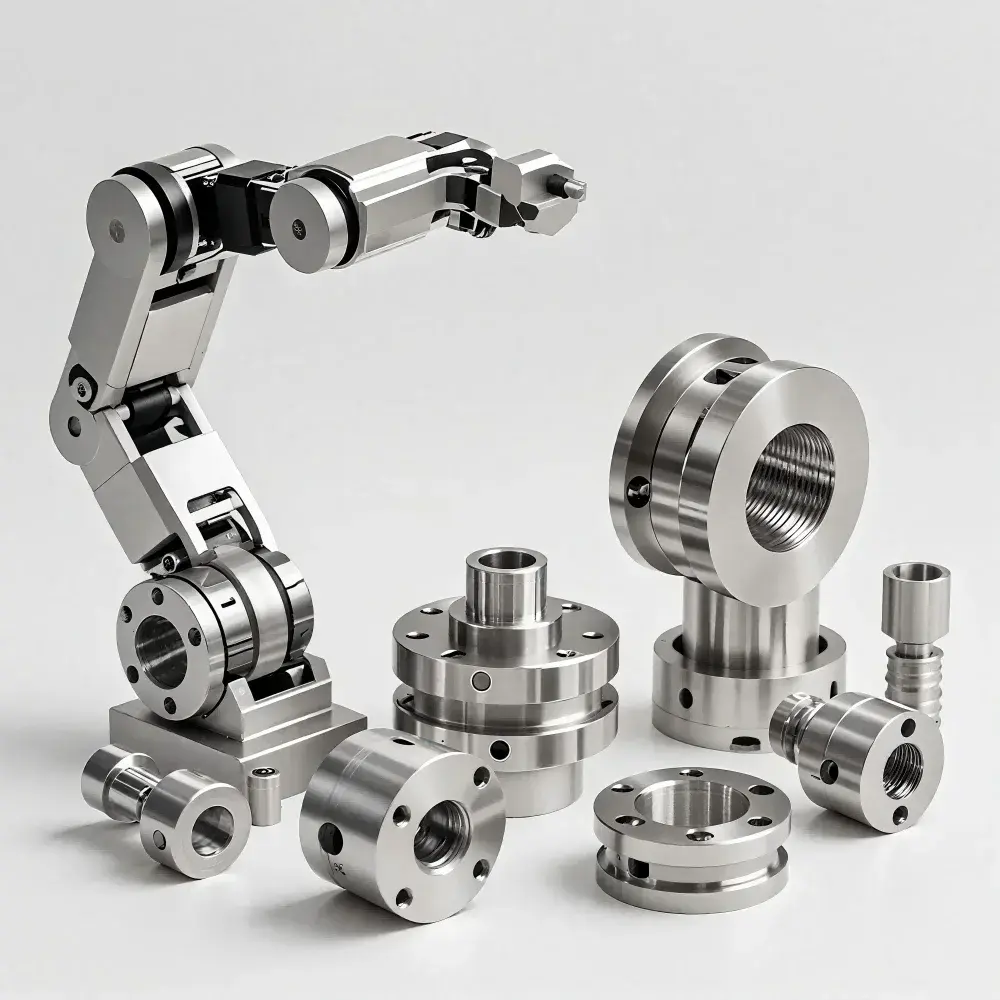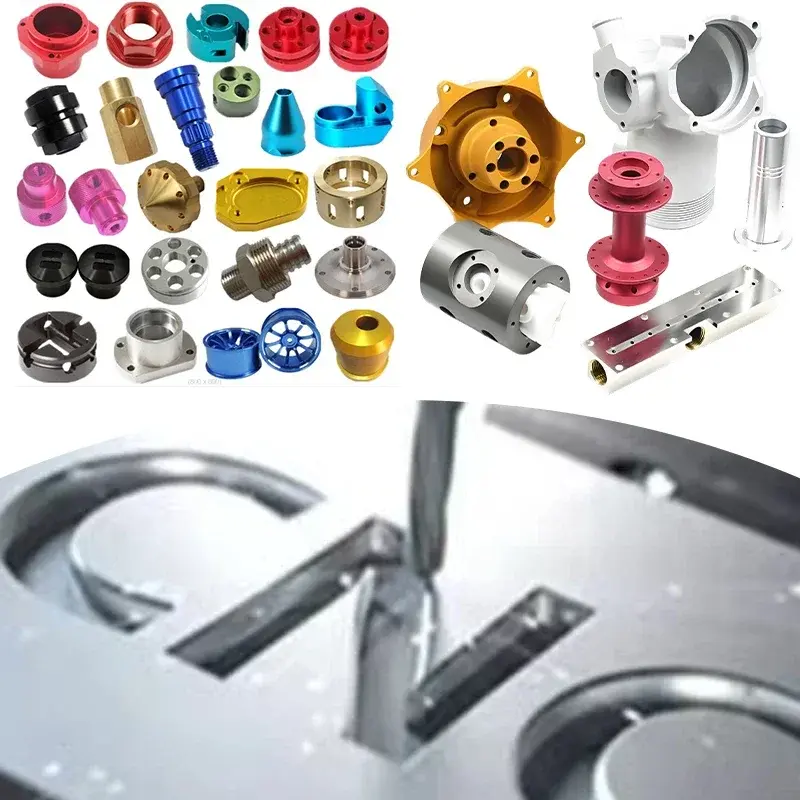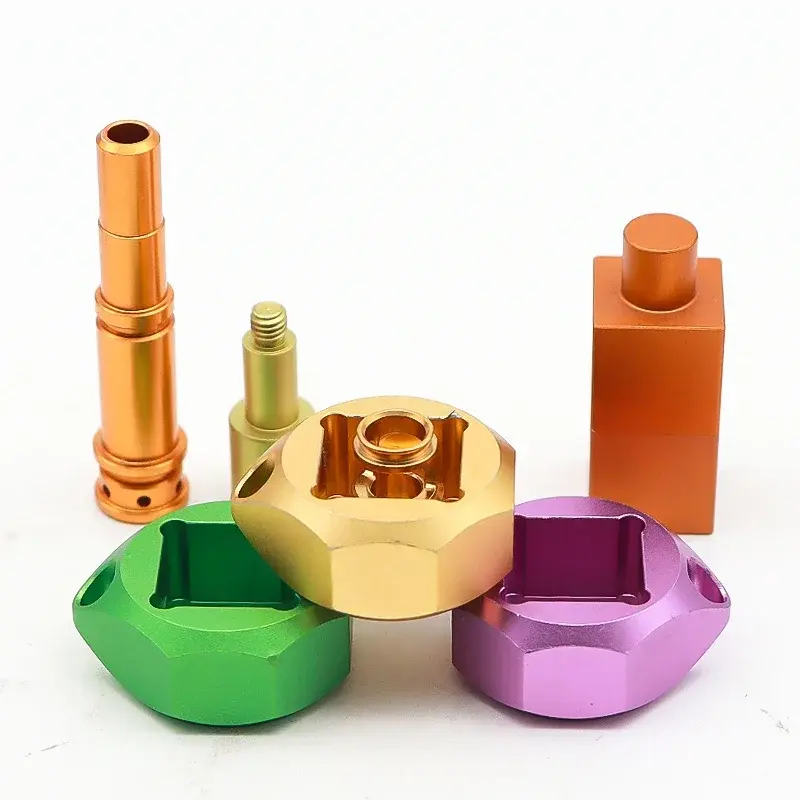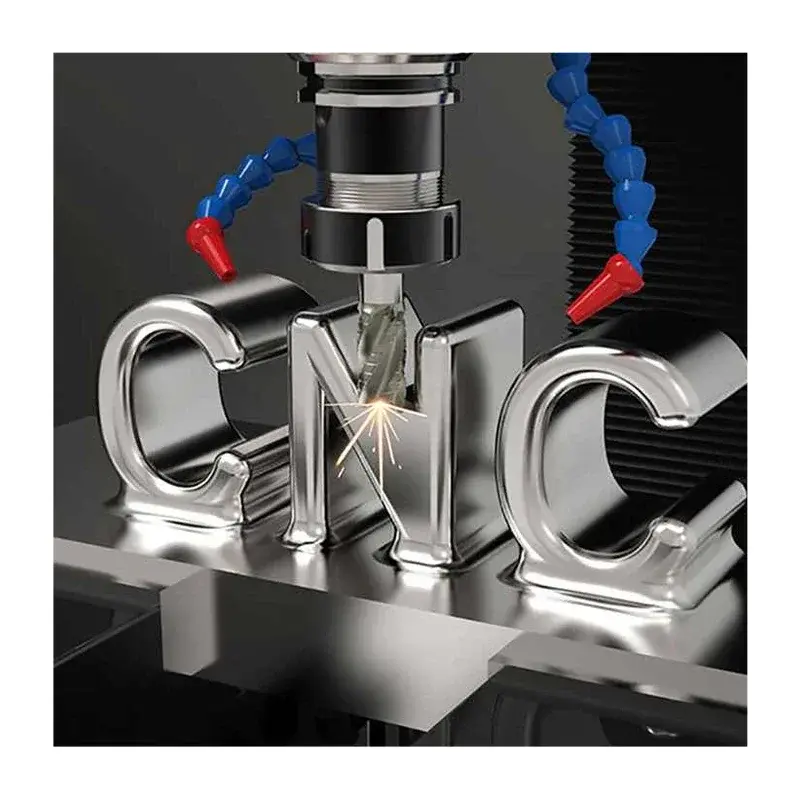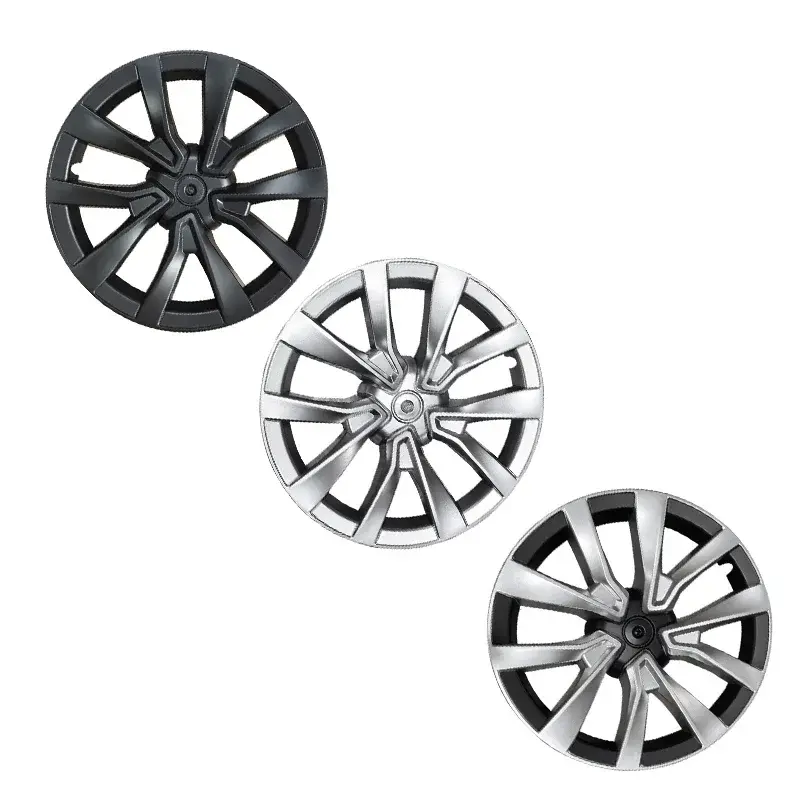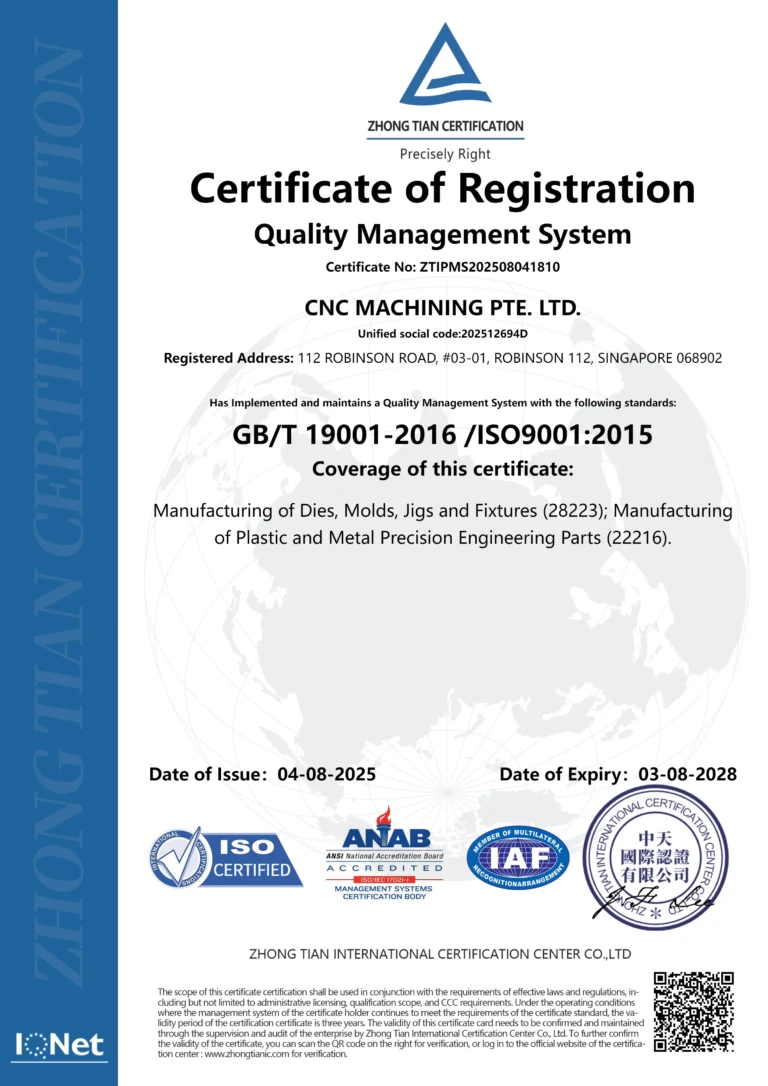Embracing the future of manufacturing: Compact CNC machines – mini milling wonders
Manufacturing is evolving and significant transformations are taking place on our desktops and on the shop floor. Compact CNC machines, especially small milling centers, are revolutionizing the way hobbyists, start-ups, engineers and even educational institutions achieve precision manufacturing. These "Mini Milling Miracle" Packing true CNC functionality into an easy-to-use package democratizes functionality once reserved for industrial giants. Let’s take a deeper look at why these machines are so transformative and explore their place in the modern maker ecosystem.
What exactly is a compact CNC machine tool?
Compact CNC machines, often called mini mills or benchtop CNC mills, are smaller versions of their industrial counterparts. They use computer numerical control (CNC) technology to convert computer-aided design (CAD) models into precise tool paths (via CAM software) to guide machine motion. Key components include a rigid frame (usually cast iron or steel), precision linear guides or ball screws for movement, a high-speed spindle for cutting, and a controller that interprets G-code instructions. Their distinguishing feature is their size, designed to fit comfortably in a garage, workshop, laboratory or small office space, resulting in a significantly reduced footprint compared to conventional VMCs (Vertical Machining Centers).
Why the buzz? Compelling advantages of the Mini Milling Miracle:
- Redefine accessibility: This is the core demand. Compact CNC significantly lowers the entry barrier for precision machining. Hobbyists can now create complex metal parts for custom projects. Entrepreneurs can prototype designs quickly and affordably without requiring large upfront investments. Small engineering companies gain in-house prototyping and low-volume production capabilities.
- Spatial intelligence solutions: Their footprint is revolutionary. For businesses operating in urban environments or individuals with limited workshop space, these machines unlock CNC capabilities without the need for a dedicated factory floor. They integrate seamlessly into existing smaller environments.
- Cost effectiveness: In addition to significantly lower purchase costs compared to industrial machines, operating expenses (power consumption, tooling for smaller parts, maintenance) are also reduced. This provides a compelling ROI case for low-volume production and iterative design testing.
- Educational powerhouse: Universities, technical schools, and makerspaces utilize minifactories as important teaching tools. They provide safe, hands-on experience in CNC principles, machining techniques and CAD/CAM workflows to affordably train the next generation of manufacturing talent.
- High-performance prototyping and low-volume production: Despite their size, modern small milling machines can handle a variety of materials with impressive precision – aluminum, brass, plastic, wood, and even some steel (depending on the machine and setup). They specialize in creating functional prototypes, complex parts for custom assemblies, molds, jigs and fixtures.
- Technology maturity: Modern compact CNC systems are very complex. Many products feature brushless spindles, modern motion controllers, rigid construction to minimize vibration, and compatibility with easy-to-use CAM software. Features such as an automatic tool changer (on some high-end models) further increase productivity.
Understanding Boundaries: The Role of the Professional Partner
While small mills are undoubtedly powerful tools, it’s critical to understand their inherent limitations that are determined by physics and design:
- Material and Hardness Limitations: Machining harder metals (e.g. titanium, tool steel) or large steel parts requires mass, rigidity and spindle power that desktop machines simply don’t have.
- Part size capacity: The scope of work is inherently limited. Large parts generally remain the domain of industrial machines.
- Volume and speed: High-volume production runs (hundreds or thousands of identical parts) are inefficient and often impractical on compact machines.
- Extremely high precision and complex geometries: Achieving the tightest tolerances (in microns) or producing highly complex parts with complex undercuts or compound curvatures often requires advanced kinematics (such as 5-axis simultaneous motion) and superior rigidity of specialized CNC centers.
GreatLight CNC Machining: See beyond the desktop
This is where working with professional CNC machining services such as huge light become crucial. We recognize the important role that compact machines play in the innovation ecosystem, serving as an excellent starting point for ideas and prototypes. However, when your project requires industrial-grade functionality, materials expertise, true 5-axis complexity, or high-volume output, GreatLight steps in to perfectly bridge the gap.
Why choose Gretel?
- Advanced 5-axis CNC power: We utilize state-of-the-art 5-axis CNC machining centers to unleash unparalleled geometric freedom. This allows us to create complex contours, undercuts and contours in a single setup, significantly improving accuracy and surface finish while reducing lead times.
- Professional solutions for demanding materials: Don’t compromise on material selection. Our powerful industrial processing platforms are designed to efficiently and accurately process a wide range of engineered metals and alloys – from aluminum and stainless steel to titanium, specialty alloys and more.
- End-to-end manufacturing expertise: GreatLight offers comprehensive One stop solution. In addition to primary machining using state-of-the-art CNC centers, we offer meticulous post-processing and finishing services – anodizing, electroplating, painting, polishing, heat treating – ensuring your parts arrive polished, protected, ready for use and meet all specifications.
- Commitment to speed and customization: Need a quick turnaround on a critical project? We focus on fast, agile manufacturing, supported by expert engineers dedicated to finding the best solutions – tailored to your design and materials needs. Your precision parts will be manufactured in no time.
- Expertise you can trust: With advanced equipment and proven production technology, our expertise is expertly applied to solve complex metal parts manufacturing challenges. Quality and precision are deeply embedded in our processes.
Conclusion: Choosing the right tool for the journey from prototype to production
There’s no denying that compact CNC machines are transformative wonders. They inspire creativity, accelerate prototyping by individuals and small teams, and make CNC technology more accessible than ever before. They are a valuable asset in the toolbox of makers, innovators and small businesses.
However, as ambitions grow, materials are strengthened, production volumes increase, and designs demand ultimate complexity and precision, the baton must be passed. huge light Providing industrial-grade horsepower, multi-axis capabilities, materials mastery and expert finishing services to elevate your ideas into high-performance reality. We complement the desktop revolution by delivering powerful, scalable solutions that meet rigorous manufacturing needs.
Whether you’re working on your first prototype inspiration at home, or you need complex, precision-engineered production parts – find out where your project fits. For the latter, GreatLight CNC machining delivers superior quality, speed and value. Ready to turn your most challenging metal part visions into reality with professional precision?
Frequently Asked Questions (FAQ)
Question 1: What materials can I actually machine on a desktop CNC mill?
A1: Benchtop mills are good at machining aluminum, brass, copper, softer steels (such as 12L14), plastics (acrylics, Delrin, nylon) and wood. Hardened steel, titanium or high volume material removal requires industrial grade CNC.
Q2: What accuracy can a high-quality mini mill achieve?
A2: Well-respected benchtop milling machines can typically achieve ±0.001" (±0.025mm) to ±0.005" For smaller parts, the tolerance under optimal conditions is (±0.127mm). Complex geometries or the consistency of tougher materials require sturdier, specialized machines such as those used by GreatLight.
Q3: Is it easy to learn compact CNC machine tools?
A3: Learning curves vary. Basic operations are easier than ever with user-friendly software, but mastering efficient tool paths, workholding, tool selection, feeds/speeds, and achieving consistent results takes dedicated time and practice. Leveraging professional services like GreatLight can bypass the learning curve for critical production parts.
Question 4: When should I consider switching from a benchtop mill to a service like GreatLight?
A4: Consider outsourcing to GreatLight if:
- You need parts made of hard metals (e.g. stainless steel, titanium)
- Your part size exceeds the working range of your bench mill.
- You need complex true 5-axis geometry.
- Tight tolerances (e.g., less than ±0.001") and impeccable surface finish are crucial.
- Yield leads to inefficient in-house processing.
- Professional post-processing (anodizing, heat treatment, etc.) is required.
- You need expert advice on Design for Manufacturability (DFM) for metal production.
Q5: What are the main advantages of Hualite’s five-axis CNC machining?
A5: The main advantages include:
- Complex Geometry Machining: Create complex shapes with composite contours in a single setup.
- Superior precision and accuracy: Reduce setup errors and achieve tighter tolerances.
- Enhanced surface finish: Optimal tool orientation minimizes tool marks.
- Shortened delivery time: No need for multiple set-ups and re-fastenings.
- Access and undercutting: machining areas that are inaccessible to the 3-axis.
Q6: How fast "Fast" About Hui Lite’s customized processing services?
A6: While lead times depend on project specifics and quantities, GreatLight prioritizes rapid manufacturing. Prototypes can often be completed in a matter of days, with production runs optimized for efficiency. Contact us directly for an instant quote and delivery time estimate for your specific project – we’re committed to being the fastest way to quality precision parts.
